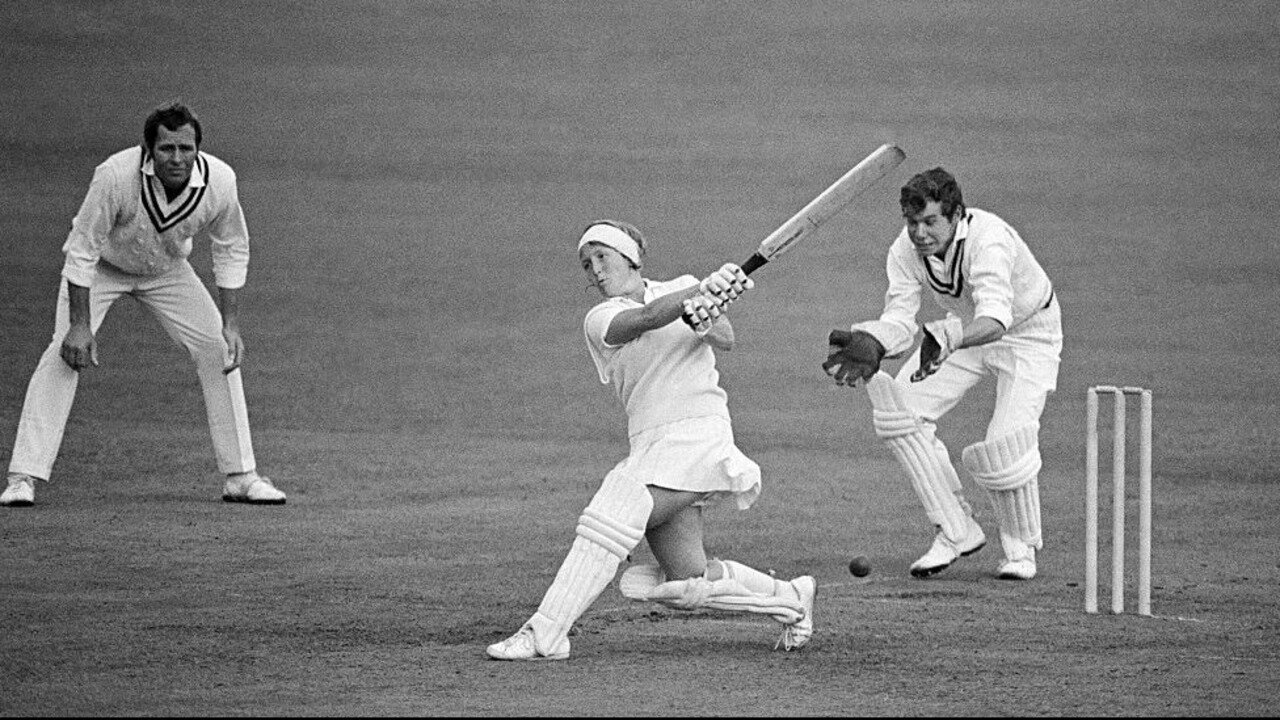Premium Only Content

The First Ever Cricket Match Played In History
The origins of cricket can be traced back to 16th century England, where it was played by shepherds and farmers in the countryside. The first ever recorded cricket match took place in the year 1646, in the small village of Coxheath in Kent, England.
The match was organized by two local landowners, Sir William Clarke and Sir Edward Knatchbull, who were looking for a way to entertain their guests during a weekend gathering. They assembled two teams of eleven players each and set up a pitch in the middle of a field.
The game itself was quite different from the cricket we know today. The bats were curved, the balls were made of leather and stuffed with wool or cork, and the wickets were just two stumps with a single bail. The pitch was also much shorter than it is today, and the rules were still being developed.
The two teams were named after their respective captains, and the match began at midday. Clarke's team batted first and scored a modest 62 runs before they were all out. Knatchbull's team then took to the field, and after a slow start, they began to pick up the pace. The match was played over two days, and by the end of the second day, Knatchbull's team had scored 103 runs, winning the match by 41 runs.
The match was considered a great success, and it sparked an interest in the game of cricket that would eventually lead to the establishment of the first official cricket club in Hambledon, Hampshire in 1750. Over the years, the rules and equipment of the game evolved, and it became one of the most popular sports in the world, played by millions of people in countries across the globe.
Today, cricket is played at the international level, with countries like England, Australia, India, and Pakistan having a rich cricketing history and passionate fan bases. And while the game has certainly come a long way since that first match in Coxheath, the spirit of competition and camaraderie that was on display that day remains an essential part of the sport's enduring appeal.
-
 LIVE
LIVE
Barry Cunningham
5 hours agoTRUMP DAILY BRIEFING: KASH PATEL VOTE | WHITE HOUSE PRESS CONFERENCE | DOGE UPDATE
2,041 watching -
 1:57:54
1:57:54
The Quartering
4 hours agoRand Paul Praises Trump, Amazon Takes Control of Bond, and Delta Gives Passengers $30,000
33.1K14 -
 1:01:59
1:01:59
The White House
2 hours agoPress Secretary Karoline Leavitt Briefs Members of the Media, Feb. 20, 2025
33.5K16 -
 59:58
59:58
Russell Brand
4 hours agoLive from Mar-a-Lago: The Globalist Empire’s Last Stand – SF541
90.2K72 -
 35:23
35:23
CryptoWendyO
1 hour ago $0.62 earnedCrypto Chaos Unleashed: Trump Making USA The Bitcoin Capital Of The World
4.66K -
 1:03:00
1:03:00
The Dan Bongino Show
5 hours agoTrump Keeps Delivering And The Libs Are Seething (Ep. 2427) - 02/20/2025
660K1.49K -
 1:20:26
1:20:26
Nerdrotic
4 hours ago $3.88 earnedSuper Chat Square Up - Nerdrotic Nooner 466
52.2K1 -
 2:05:00
2:05:00
Steven Crowder
6 hours agoTrump Slams Dictator Zelensky: Why He NOW Has a Point
433K270 -
 2:58:22
2:58:22
LFA TV
18 hours agoKASH CONFIRMATION & PRESS BRIEFING! | LIVE FROM AMERICA 2.20.25 11AM
89.9K38 -
 2:14:42
2:14:42
Matt Kohrs
15 hours agoIt's A Bull Trap, Partner! || The MK Show
82.7K3